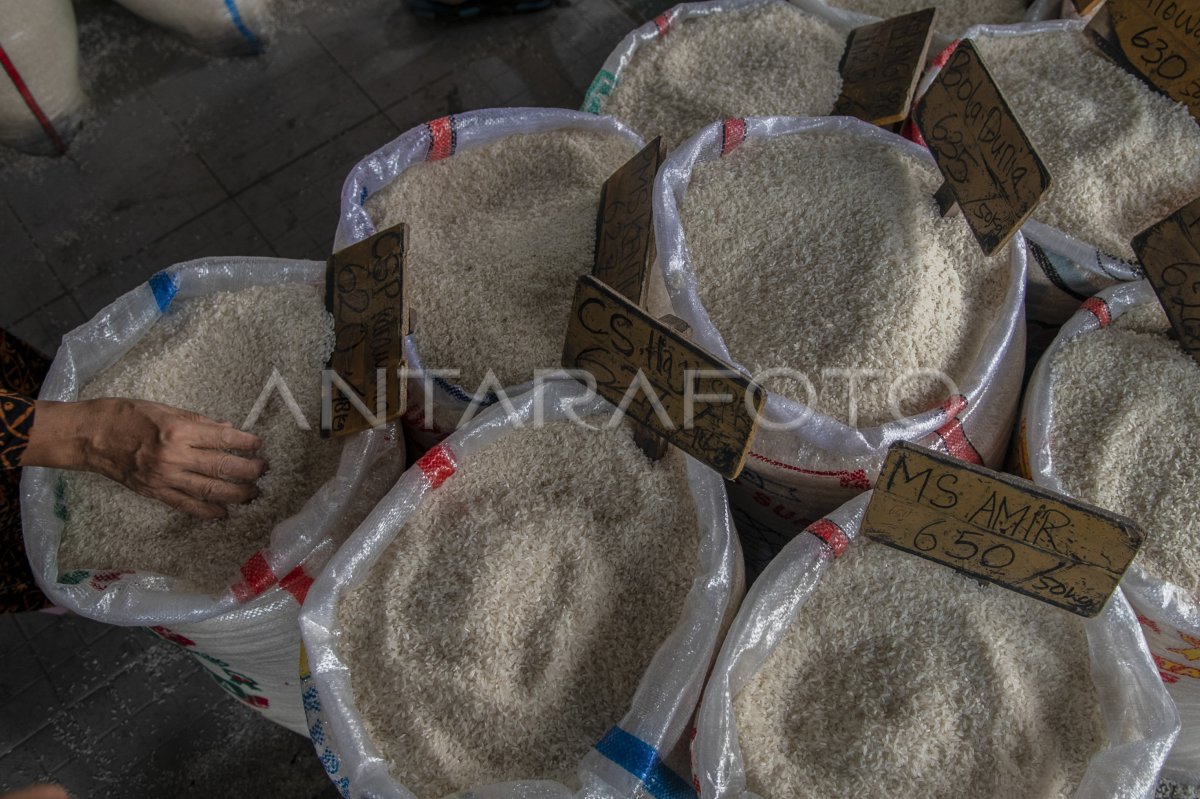Bali Belly: A Comprehensive Guide To Causes, Symptoms, And Remedies

Table of Contents
Understanding the Causes of Bali Belly
Bali Belly, or traveler's diarrhea, primarily stems from consuming contaminated food or water. Let's delve into the specifics:
Contaminated Food and Water
The most significant cause of Bali Belly is ingesting food or water contaminated with harmful bacteria, viruses, or parasites. These pathogens can cause significant gastrointestinal distress.
- Contaminated Food: Examples include undercooked seafood (especially shellfish), street food prepared under unsanitary conditions, and unwashed fruits and vegetables.
- Contaminated Water: This includes tap water, ice made with tap water, and even water used for brushing your teeth if it's not purified. Many regions in Bali may not have water treatment facilities that meet Western standards.
Maintaining high hygiene standards in food preparation and water sanitation is crucial in preventing the spread of Bali Belly. Many local establishments strive for cleanliness, but it's wise to be cautious.
Hygiene and Sanitation Issues
Poor hygiene practices play a significant role in the spread of pathogens responsible for Bali Belly. This includes:
- Inadequate Handwashing: Washing hands frequently with soap and water, especially after using the restroom and before eating, is paramount.
- Improper Food Handling: Contamination can occur during food preparation if proper hygiene isn't maintained.
- Inadequate Waste Disposal: Improper waste disposal can lead to contamination of water sources and the spread of disease.
Understanding these hygiene issues helps travelers make informed choices and take preventive measures.
Other Contributing Factors
While contaminated food and water are the main culprits, other factors can increase your susceptibility to Bali Belly:
- Weakened Immune System: Travel fatigue, stress, and changes in diet can weaken your immune system, making you more vulnerable to infection.
Being aware of these contributing factors allows for better preparation and mitigation strategies.
Recognizing the Symptoms of Bali Belly
Recognizing the symptoms of Bali Belly is crucial for timely intervention.
Common Symptoms
The typical symptoms of traveler's diarrhea include:
- Diarrhea: This is characterized by frequent, loose, or watery stools.
- Abdominal Cramps: Painful spasms in the abdomen are common.
- Nausea and Vomiting: Feeling sick to your stomach and throwing up are frequent occurrences.
- Fever: A slightly elevated temperature can be a sign of infection.
- Fatigue: Feeling unusually tired and weak is also common.
- Bloating: A feeling of fullness and discomfort in the abdomen.
Severe Symptoms
If you experience any of the following severe symptoms, seek immediate medical attention:
- Severe Dehydration: Signs include excessive thirst, dizziness, and decreased urination.
- Bloody Diarrhea: This indicates a more serious infection requiring prompt medical care.
- High Fever: A persistent high fever warrants immediate medical attention.
- Persistent Vomiting: Inability to keep down fluids can lead to dangerous dehydration.
Ignoring severe symptoms can lead to complications; prompt medical help is essential.
Effective Remedies and Prevention Strategies for Bali Belly
Effective management of Bali Belly involves a combination of remedies and proactive preventative measures.
Over-the-Counter Remedies
For symptom relief, over-the-counter medications can be helpful, but always consult a doctor before taking any medication, especially if you have pre-existing health conditions.
- Oral Rehydration Solutions (ORS): These are crucial for replacing lost fluids and electrolytes.
- Anti-diarrheal Medications (Loperamide): These can help reduce the frequency of bowel movements, but should be used cautiously and as directed.
- Anti-nausea Medications: These can help alleviate nausea and vomiting.
Remember, these are for symptom management, not a cure for the underlying infection.
Home Remedies and Natural Treatments
Gentle home remedies can aid recovery:
- Rest: Getting plenty of rest allows your body to fight off the infection.
- Clear Broths: These provide hydration and electrolytes.
- Bland Foods: Stick to easily digestible foods like bananas, rice, toast (the BRAT diet).
- Avoid Dairy and Fatty Foods: These can worsen symptoms.
Preventive Measures
Proactive steps are essential to avoid Bali Belly altogether:
- Drink Bottled Water Only: Avoid tap water, ice made from tap water, and unpurified water sources.
- Avoid Ice: Unless it's made from purified water.
- Wash Hands Frequently: Use soap and water, especially after using the restroom and before eating.
- Peel Fruits and Vegetables: This removes potential surface contaminants.
- Choose Well-Cooked Foods from Reputable Establishments: Opt for places with high hygiene standards.
- Consider Prophylactic Antibiotics: Discuss this option with your doctor before your trip; this isn't recommended for everyone.
Conclusion
Bali Belly, or traveler's diarrhea, is a common ailment among travelers to Bali and other Southeast Asian destinations. Understanding its causes—primarily contaminated food and water, poor hygiene, and weakened immunity—is crucial for prevention. Recognizing symptoms like diarrhea, abdominal cramps, nausea, and fever helps with timely intervention. While over-the-counter remedies and home treatments can manage symptoms, preventative measures like drinking bottled water, practicing good hygiene, and choosing food carefully are paramount. Don't let Bali Belly spoil your next adventure! By understanding the causes, recognizing the symptoms, and employing preventive measures, you can enjoy a healthy and memorable trip. Plan ahead and protect yourself from Bali Belly today!

Featured Posts
-
 Khyu Dzhakman I Stn Fostr Nova Glava V Zhivota Im
May 28, 2025
Khyu Dzhakman I Stn Fostr Nova Glava V Zhivota Im
May 28, 2025 -
 Garnacho To Atletico Transfer Rumours Heat Up
May 28, 2025
Garnacho To Atletico Transfer Rumours Heat Up
May 28, 2025 -
 Samsung Galaxy S25 512 Go 512 Go Le Test Et Les Meilleures Offres
May 28, 2025
Samsung Galaxy S25 512 Go 512 Go Le Test Et Les Meilleures Offres
May 28, 2025 -
 Mlb News Jason Heyward And Luis Arraez Return From Il For Padres
May 28, 2025
Mlb News Jason Heyward And Luis Arraez Return From Il For Padres
May 28, 2025 -
 Koster Minta Bps Tak Masukkan Canang Sebagai Komoditas Inflasi
May 28, 2025
Koster Minta Bps Tak Masukkan Canang Sebagai Komoditas Inflasi
May 28, 2025
